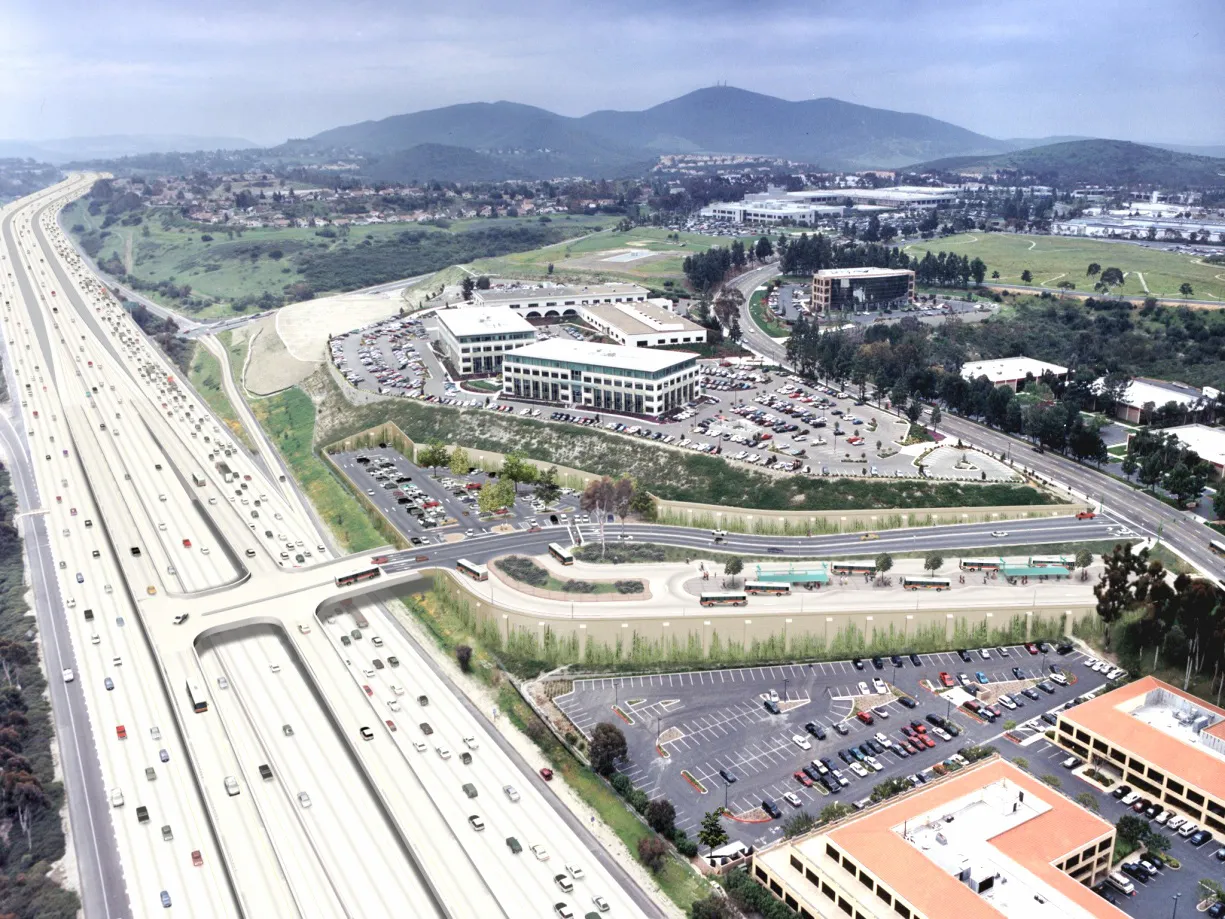Telvent GIT has announced that it is working together with the Chinese cities of Nanning, Fushun and Erdos to implement its SmartMobility technology aimed at intelligent urban and mobility management to enable local authorities to make the most of their road infrastructures. These cities are expected to lower the current number of traffic delays by over 35 per cent and the inner-city commute rate is anticipated to drop by around 15 per cent.
Telvent will work on centralising real-time traffic infrastructur
July 4, 2012
Read time: 2 mins
Telvent will work on centralising real-time traffic infrastructure management and control to enable operators to gain efficiency in responding more rapidly to any incident or emergency situation occurring throughout the road network. Citizens and users will benefit from heightened security, in addition to a reduction in the amount of time they spend on daily travel by having access to real-time information on traffic conditions. Telvent says that efforts focused on optimising urban mobility will have a positive impact on reducing pollution levels by over 10 per cent and lead to smoother traffic flow.
Envisaged collaboration also includes the implementation of a variety of systems geared towards reducing present road accident rates in the three cities. This will involve red-light violation control systems and video surveillance and speed measurement systems that will monitor the traffic situation across the metropolitan area.
Telvent has had an active role as a technological leader in smart transportation systems in China since 1990, and is presently executing similar projects in more than nine Chinese cities, including Beijing, Panjin and Urumqi.







